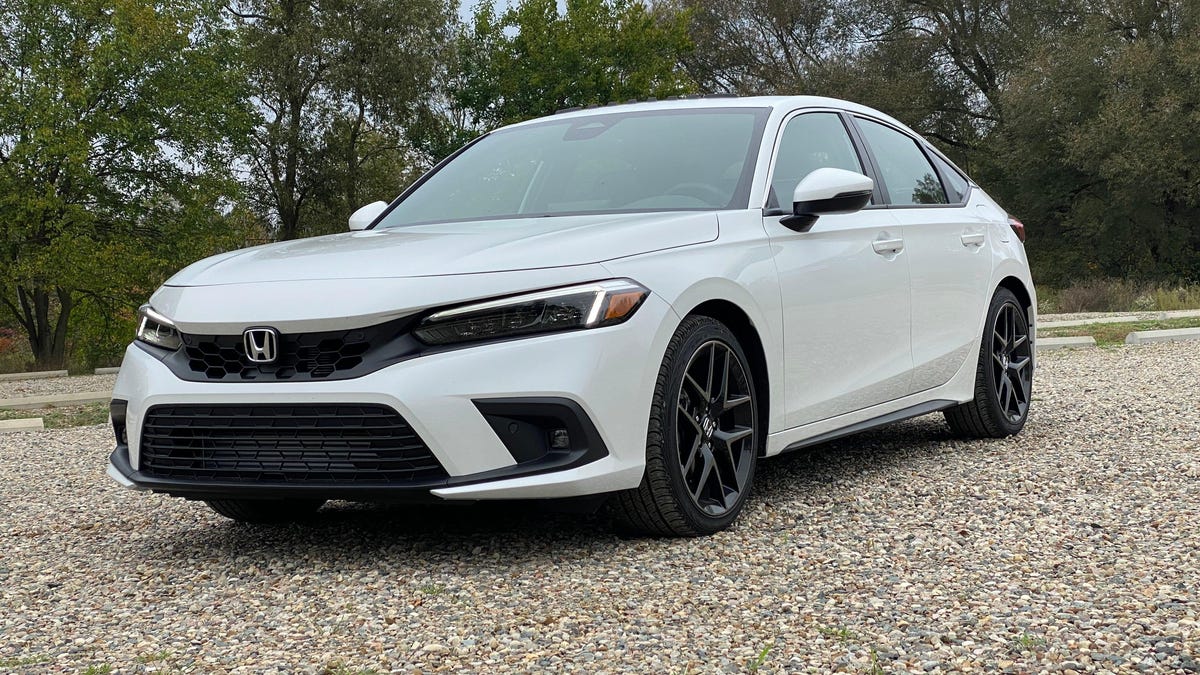Buying a Small Car Is Not an Actual Solution to This Overpriced Market

Photo: Mercedes Streeter
Anyone shopping for a new crossover, SUV or pickup truck is likely going to be in for a bit of sticker shock. There are some ways to manage that market if you want a fair deal, but the oddest bit of advice I’ve seen is to suggest that buyers simply not buy their target body style.
As someone who spends a lot of time finding ways for people to save money and reduce the stress of the car buying process I was struck by a recent Forbes article entitled: Let’s Get Small: How To Avoid The Highest High Prices On New Cars And Trucks. Before reading it I thought, “Oh, maybe there here is some new tip about avoiding markups on in-demand cars.” Then I get hit with this:
“Downsizing is an obvious way for shoppers to try and avoid the most excessive prices for new cars and trucks, yet the trend to bigger and bigger trucks, SUVs and crossovers still dominates U.S. auto sales.”
Obvious is a strange word to use here because anyone that is in the market for Toyota Highlander and is finding the inventory situation difficult isn’t going to “obviously” pivot to a Toyota Camry.
This is like if someone who is shopping for a single-family home in a bonkers real-estate market and seeing prices go through the roof, you give them the advice of “Well, obviously if those three bedroom homes with a yard are too expensive you should just buy a one-bedroom condo…because it will be cheaper!”
Auto journalists have been making the argument forever that American buyers don’t need crossovers, SUVs, and pickup trucks and that if buyers actually examined their driving needs closely most folks would do just fine with a smaller car. But we forget that logic doesn’t drive our purchasing decisions and despite the fact that Americans tend to prefer larger vehicles my experience has been that most folks are targetting appropriately sized cars for their needs. If someone with two or three kids wants a Highlander instead of a Camry, that makes sense to me.
Furthermore, just because small cars are cheaper you aren’t “avoiding” the very common market premiums you are just spending less on a product that costs less.
Jim Henry, the author of the Forbes piece, lays this out very clearly.
“For example, according to Kelly Blue Book, the average transaction price for compact cars was $26,211 in June. That’s a year-over-year increase of 9.6% vs. a year ago, so percent-wise, it’s still a big increase. Nevertheless, it’s a lot less than $48,000.”
And even if folks choose to go smaller that may not make this process any easier because in most cases inventory is still bad:
“Consumers considering downsizing should also be aware smaller, more affordable vehicles may be hard to find.”
So even if buyers were to target a compact car they can expect to pay about ten percent over last year’s prices and they still may not be able to get what they want.
Perhaps Mr. Henry is trying to make the point that small cars are a way to better manage affordability since average car payments are on the rise, but to suggest to someone – “Hey don’t overpay for that Honda Pilot, overpay for a Civic instead” is advice that will fall on deaf ears.
What consumers should do is build in a lot of flexibility in their shopping. Be willing to look at other brands that you have not considered because they may be more available. For example, a buyer might have to forget about that RAV4 Hybrid but instead, go for a Subaru Forester, as I’ve seen a trend of more Subaru stores sticking to MSRP and seem to get cars in reasonable time frames.
Buyers who are frustrated when they can’t get their target model can also take a “hold me over” approach and get something at a reasonable price that will serve a purpose for a period of time until the market shifts once again.
Tom McParland is a contributing writer for Jalopnik and runs AutomatchConsulting.com. He takes the hassle out of buying or leasing a car. Got a car buying question? Send it to Tom@AutomatchConsulting.com



